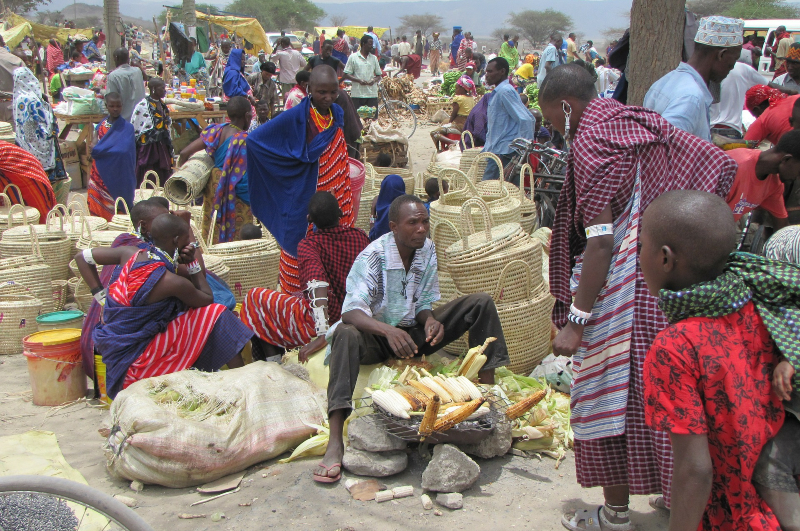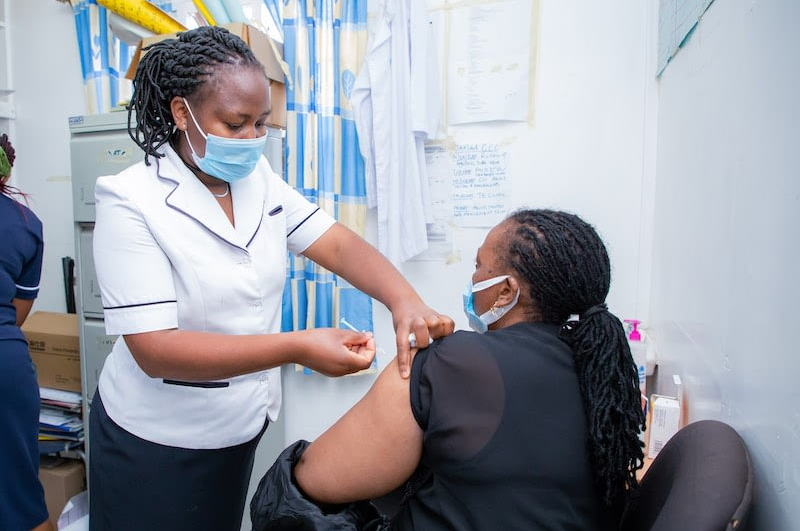


Speed matters in a pandemic. The COVID-19 vaccine production and distribution is a race against time.
The longer COVID-19 lasts and the wider it spreads, the more suffering and death it causes and the more likely it is to evolve mutant strains. According to The Economist, unless production of vaccines is scaled up considerably, the world’s poorest countries may have to wait until 2024 for mass immunization. This state of affairs could cost millions of lives and push tens of millions more into poverty.
Strong political will is needed to avoid this scenario. Yet, some rich nations are refusing to listen and are opposed to the proposed temporary waiver of the World Trade Organization’s (WTO) Agreement on Trade-Related Aspects of Intellectual Property (TRIPS). The temporary waiver is an effort supported by almost 120 countries in the Global South which would allow for more production and distribution of vaccines in Africa, Asia and Latin America.
This waiver is needed. Currently, rich nations are boosting vaccine supply through contract manufacturing, a method of outsourcing production often in countries in the Global South. Contract manufacturing can add to the number of doses available and it shows that countries in the Global South have the manufacturing capacity to boost supply if given access to the technology. But these one-off deals cannot win the battle against COVID-19. In addition, the Global South cannot be solely reliant on contract manufacturing, which is conditioned on the approval of rich nations and which is also skewed toward the interests of pharmaceutical companies. For instance, a South African pharmaceutical firm is required by current practices to send more than 90% of the doses it produces to Europe, with only 10% available to South Africa.
There is an urgent need for billions of doses of the vaccine. A considerable help would come from expanding manufacturing capacity. Our globalized patent regime puts innovators in the driver’s seat: no one can manufacture or sell new products without licence from the patentees, who can then earn money on every dose sold. They are eager to serve buyers prepared to pay high prices. However, tight government budgets, especially for countries in the Global South, make it difficult for them to procure these vaccines. This hardly encourages investment in new manufacturing capacity.
Contract manufacturing is welcome in so far as it leads to the production of more vaccine doses. However, a waiver of the WTO TRIPS monopolies is needed in order to scale up production and ensure equity in the distribution of the vaccines.
Countries must deal with the current pandemic, but they must also be prepared for the future. We need to have the right global policies in place to enable a rapid vaccine roll-out whenever needed. This requires expediting wider and equitable distribution everywhere. This will require sharing knowledge and technology more openly than is happening now. Time is of the essence!
Source: Canadian Jesuits International
Related Articles
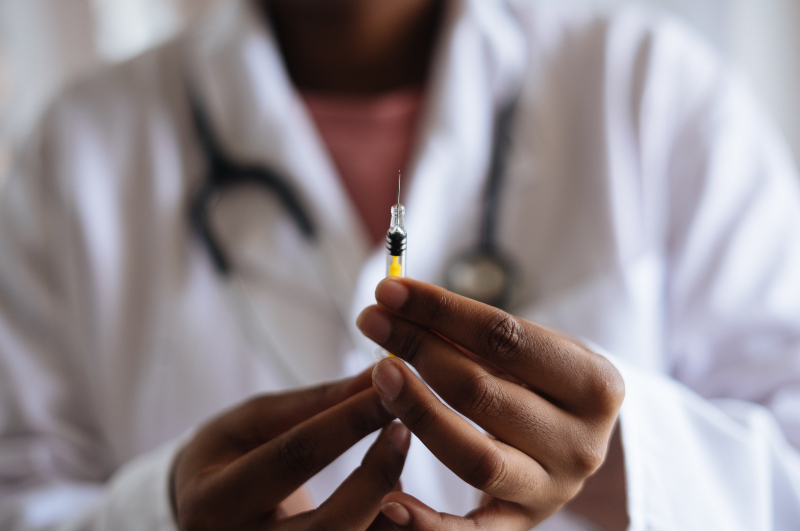
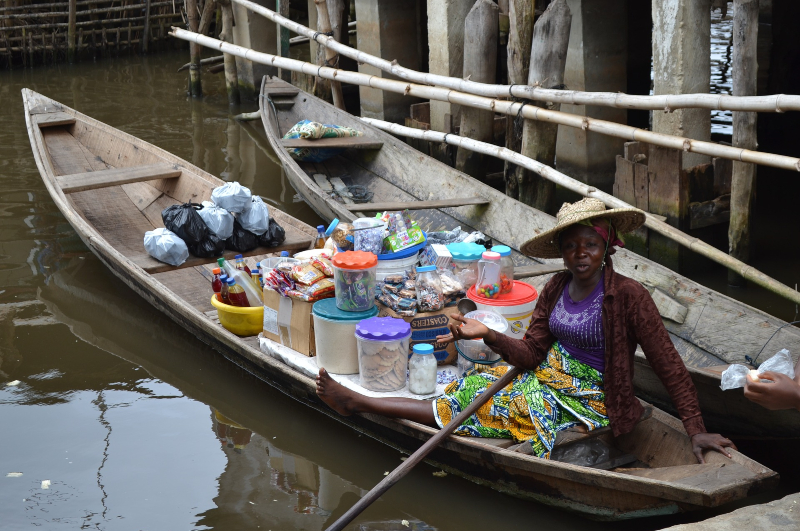
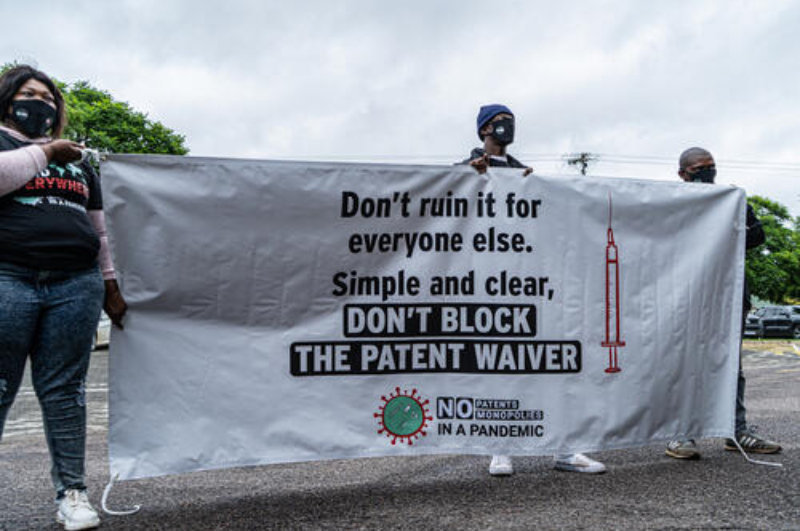
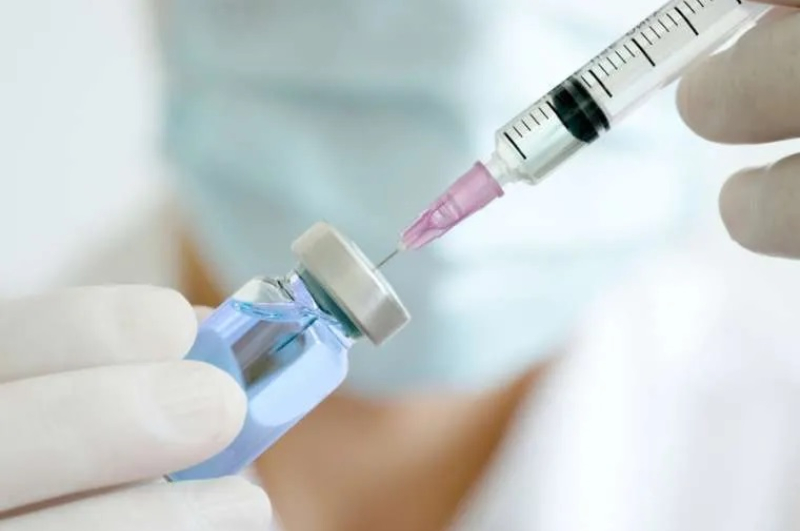
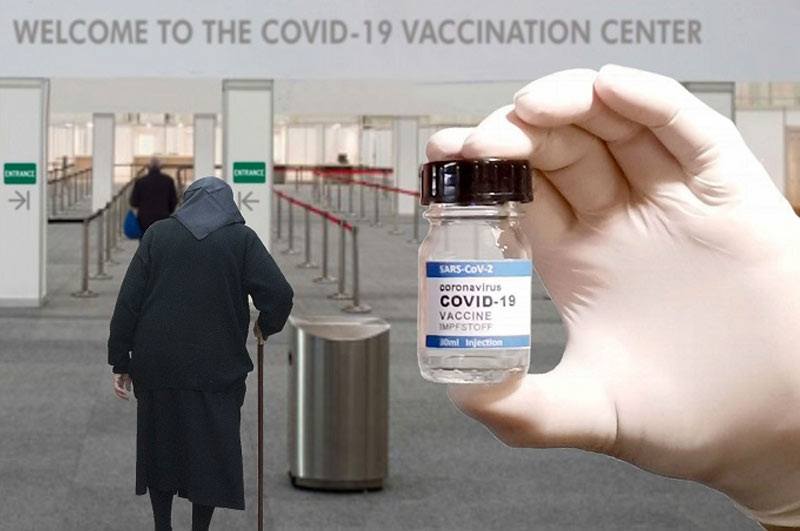
Select Payment Method
Pay by bank transfer
If you wish to make a donation by direct bank transfer please contact Fr Paul Hamill SJ treasurer@jesuits.africa. Fr Paul will get in touch with you about the best method of transfer for you and share account details with you. Donations can be one-off gifts or of any frequency; for example, you might wish to become a regular monthly donor of small amounts; that sort of reliable income can allow for very welcome forward planning in the development of the Society’s works in Africa and Madagascar.
Often it is easier to send a donation to an office within your own country and Fr Paul can advise on how that might be done. In some countries this kind of giving can also be recognised for tax relief and the necessary receipts will be issued.


